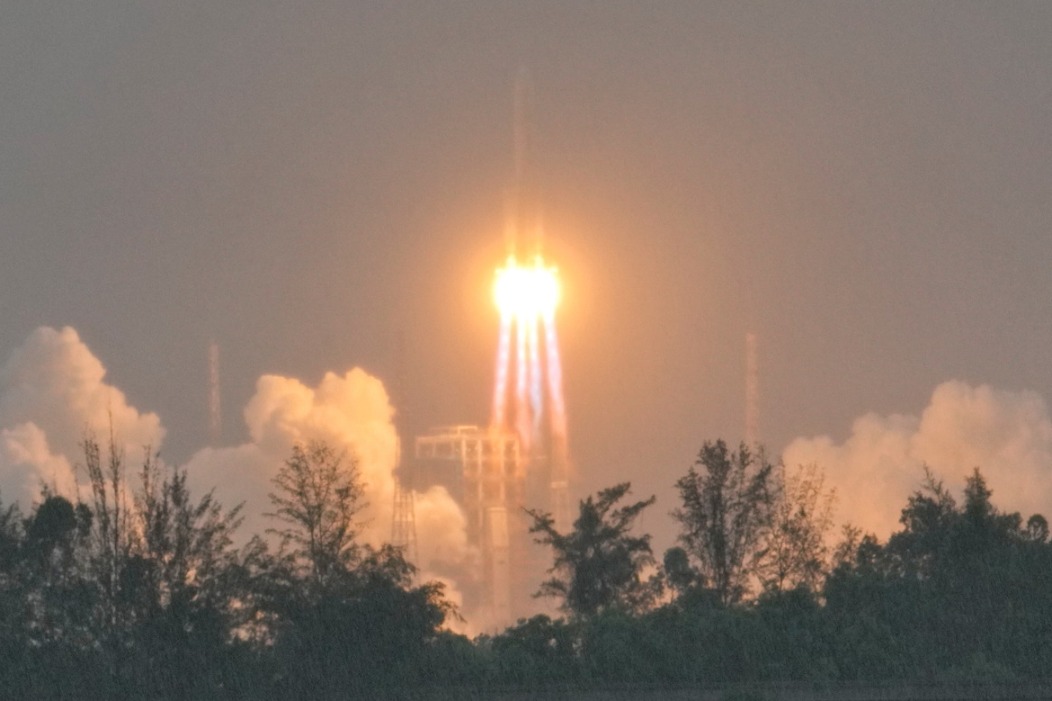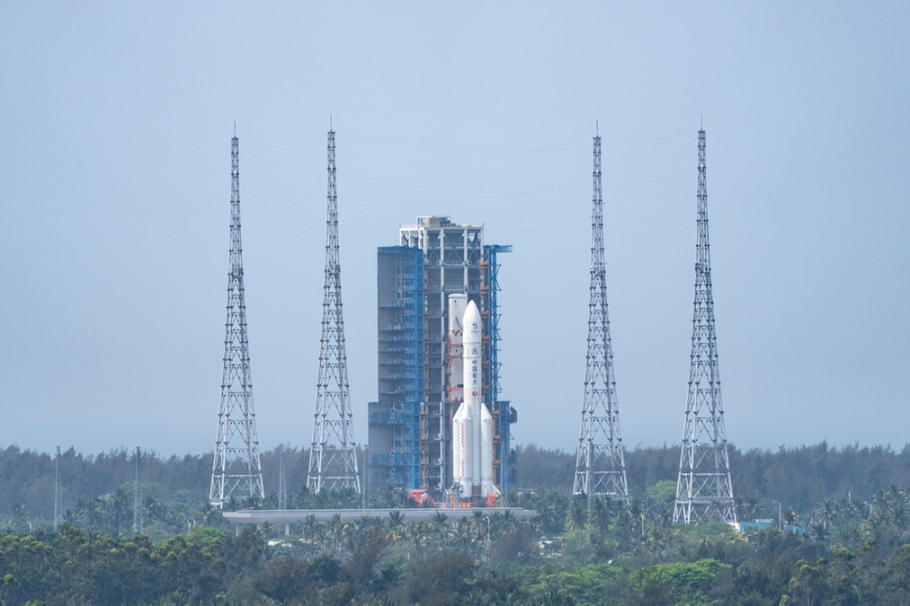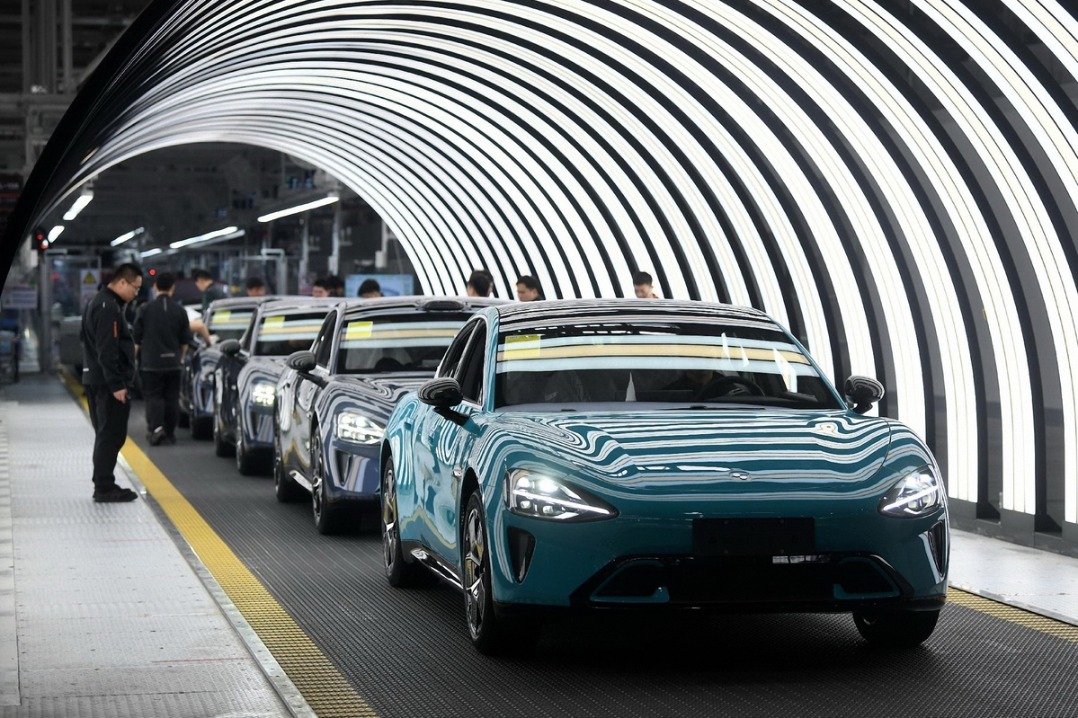UN envoy: Korean Peninsula issue requires dialogue, not 'flip-flop'
By MINLU ZHANG at the United Nations | chinadaily.com.cn | Updated: 2022-06-09 10:39

The "flip-flop of US policies, its failure to uphold the results of previous dialogue, and its disregard for the reasonable concerns of the DPRK (Democratic People's Republic of Korea)" have led to instability on the Korean Peninsula, said China's top envoy to the United Nations on Wednesday.
"Where the situation goes from here will depend, to a large extent, on the actions of the US, and the key lies in whether the US can face up to the crux of the problem, demonstrate a responsible attitude and take meaningful and concrete actions," Zhang Jun, China's permanent representative to the United Nations, told a UN General Assembly debate.
Under the current circumstances, Zhang said, "all parties should remain calm, exercise restraint and avoid any action that could escalate tensions and lead to miscalculation".
Zhang said that to fundamentally resolve the peninsula issue will require following the general direction of political settlement, dialogue and consultation; requires abandoning the old approach of imposing sanctions and exerting pressure; requires the Security Council to play a constructive role; and requires safeguarding the security interests of regional countries.
Since the DPRK took denuclearization measures in 2018, "the US side did not reciprocate, did not address the DPRK's legitimate and reasonable concerns, nor did it demonstrate the necessary sincerity for resolving the issue", he said.
"There are many things the United States can do, such as easing sanctions on the DPRK in certain areas and ending joint military exercises. The key is action, not just talk about readiness for dialogue with no preconditions," he said.
Zhang said relevant countries should not place one-sided emphasis on the implementation of sanctions but should also make active efforts to promote a political solution and ease sanctions in due course.
Zhang said the US has recently been provoking problems in the Asia-Pacific region and has been carrying out nuclear submarine cooperation with relevant countries in the region, developing hypersonic weapons and selling cruise missiles that can carry nuclear warheads to other countries.
"These moves have completely revealed its double standards and hypocrisy on the issue of nuclear non-proliferation," he said.
The US has been "vigorously" implementing its "Indo-Pacific strategy" and strengthening military alliances with relevant regional countries, which "aggravate the risks of a military confrontation in the region", said Zhang.
"A certain politician of an individual regional country is clamoring for so-called nuclear sharing with the US, intentionally reversing the wheels of history on the issue of nuclear weapons, seriously impacting the process of resolving the peninsula nuclear issue and poisoning the regional security environment," he said.
It is not in the interest of any country to stoke confrontation between different camps in the Asia-Pacific region, the envoy said. "We urge the countries concerned to put regional peace and security first, stop political maneuvering, change course immediately and create a good environment towards peace and stability on the peninsula.
"It must be noted that China takes an extremely cautious and responsible approach to every vote in the Security Council and bases its judgment on the merits of the matter itself. What kind of vote China will cast is essentially about whether such voting will be conducive to solving the problem, maintaining international peace and security, and avoiding greater tensions and disasters," Zhang said.
As a close neighbor of the peninsula, China has "always insisted on maintaining peace and stability on the peninsula, achieving a denuclearized peninsula, and resolving the issue through dialogue and consultations", Zhang said.
Wednesday's meeting of the General Assembly was the first of its kind since it adopted a resolution on April 26 that allows it to automatically convene a meeting after a veto has been cast in the Security Council.
























